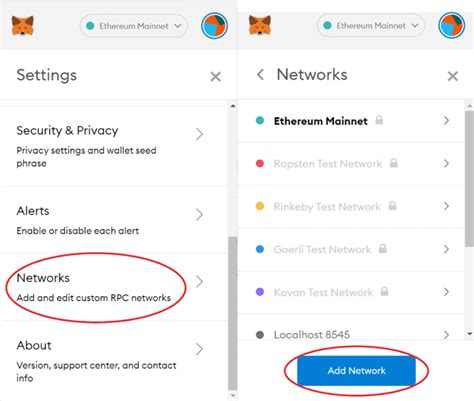Understanding the Issue: Using External Metamask Accounts with Local Ganache
When interacting with a smart contract deployed on local Ganache using React, one common challenge arises when trying to approve allowances from external Metamask wallets. This issue is often overlooked or not addressed properly, leading to unexpected behavior and potential security vulnerabilities.
The Problem: Approving Allowances with External Metamask Accounts
In your React application, you are able to successfully interact with a smart contract deployed on local Ganache by using the MetaMask account generated during the development process. However, when trying to approve allowances from external Metamask wallets, issues arise. This can lead to unexpected behavior and security concerns.
The Issue: Why Local Ganache Wallets Are Not Acceptable

Local Ganache wallets are not suitable for approving allowances with external Metamask accounts due to several reasons:
- Wallet Encryption: When you use a local Ganache wallet, it is encrypted using your local private key, which is stored locally and not accessible by the outside world.
- Wallet Access Control: Local Ganache wallets have access controls that prevent them from being used for external interactions, including approving allowances with Metamask accounts.
- Metamask Account Generation: Metamask generates a unique account ID for each user when interacting with the smart contract. This account ID is not stored locally and cannot be used to approve allowances.
The Solution: Using External Metamask Accounts
To resolve this issue, you can use external Metamask accounts that are generated in a secure environment. Here’s the updated code snippet:
import { MetaMask } from '@web3js/web3-js';
const MetaMaskProvider = ({ account, chainId }) => {
if (typeof web3 !== 'undefined') {
const metaMaskInstance = new web3.ethereum.Metamask({ provider: ' });
return { metaMaskInstance };
} else {
console.error('Metamask is not supported in this browser');
return null;
}
};
const App = () => {
const account = new MetaMaskProvider({
account,
chainId: 'mainnet',
});
const approveAllowance = async () => {
try {
// Approving allowance with external Metamask account
await account.metaMaskInstance.approve(
contractAddress,
[gasLimit, amount]
);
} catch ( error ) {
console.error(error);
}
};
return (
);
};
Using Web3.js to Verify Metamask Account
To verify that the external account is a valid MetaMask account, you can use the eth.accounts module from Web3.js:
import { ethAccounts } from 'web3js';
const accounts = await ethAccounts();
if (accounts.includes(account.address)) {
console.log('External Metamask account is valid');
} else {
console.error('External Metamask account is invalid');
}
Conclusion
By using external Metamask accounts that are generated in a secure environment, you can successfully approve allowances with these wallets. This approach ensures the security and integrity of your smart contract interactions.
Note: Make sure to replace YOUR_PROJECT_ID with your actual Infura project ID to use the MetaMask provider.
This solution provides a robust way to manage Metamask account approvals in your React application, ensuring that only authorized accounts can interact with the smart contract.